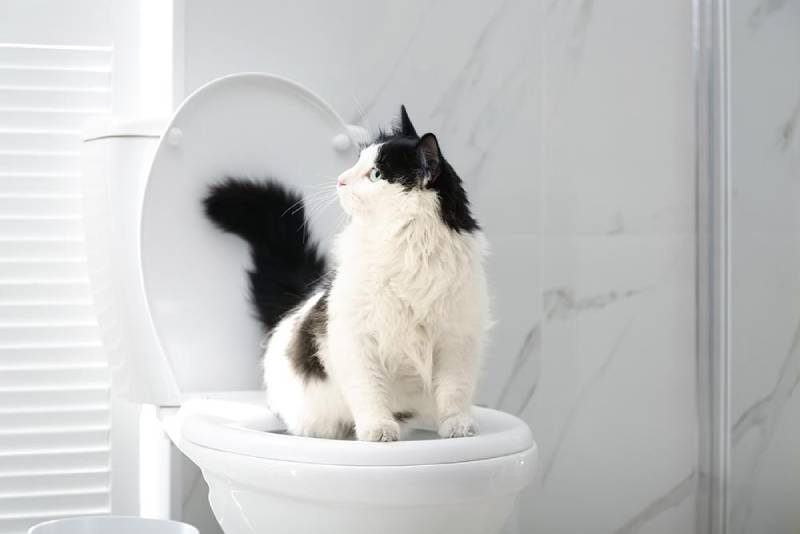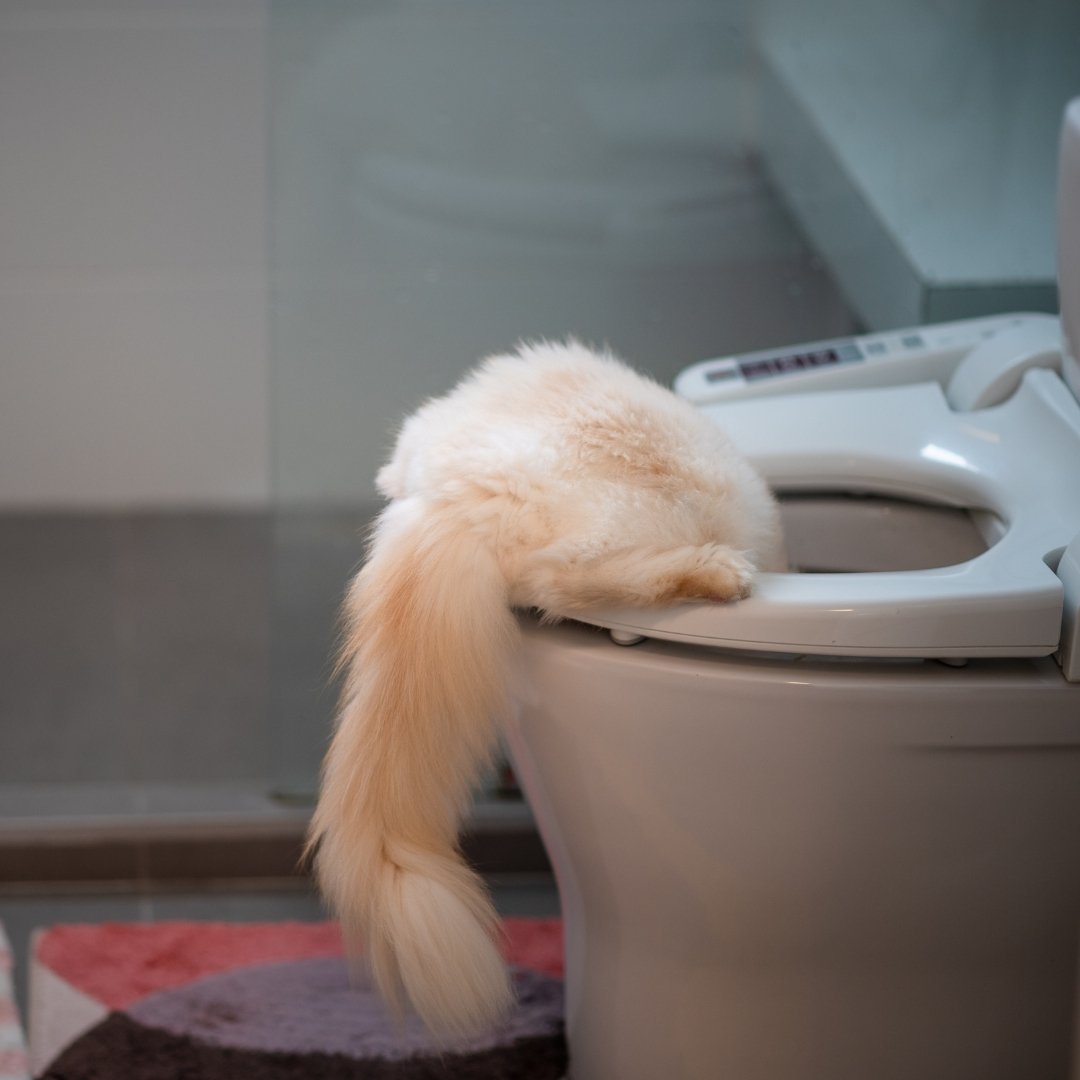Dangers of Disposing Cat Poop in Your Toilet - Precautionary Measures
Dangers of Disposing Cat Poop in Your Toilet - Precautionary Measures
Blog Article
Just how do you actually feel in relation to Don’t flush cat feces down the toilet?

Introduction
As feline owners, it's important to be mindful of just how we get rid of our feline close friends' waste. While it may seem practical to purge pet cat poop down the toilet, this method can have destructive effects for both the setting and human wellness.
Alternatives to Flushing
The good news is, there are more secure and a lot more accountable methods to take care of pet cat poop. Take into consideration the following alternatives:
1. Scoop and Dispose in Trash
The most usual approach of dealing with cat poop is to scoop it into a biodegradable bag and throw it in the garbage. Make sure to use a committed trash scoop and take care of the waste quickly.
2. Usage Biodegradable Litter
Choose eco-friendly pet cat litter made from materials such as corn or wheat. These clutters are environmentally friendly and can be safely thrown away in the garbage.
3. Hide in the Yard
If you have a yard, think about hiding cat waste in a designated location away from vegetable yards and water sources. Be sure to dig deep sufficient to stop contamination of groundwater.
4. Set Up a Pet Waste Disposal System
Purchase an animal garbage disposal system particularly made for cat waste. These systems make use of enzymes to break down the waste, reducing smell and ecological effect.
Wellness Risks
Along with environmental concerns, purging feline waste can also posture health and wellness risks to human beings. Feline feces might consist of Toxoplasma gondii, a parasite that can trigger toxoplasmosis-- a potentially serious illness, specifically for pregnant ladies and people with weakened body immune systems.
Environmental Impact
Flushing feline poop presents dangerous pathogens and parasites into the water supply, positioning a considerable threat to marine environments. These impurities can negatively impact marine life and compromise water top quality.
Conclusion
Accountable family pet ownership extends beyond offering food and shelter-- it also involves correct waste monitoring. By avoiding flushing cat poop down the toilet and going with different disposal techniques, we can decrease our ecological footprint and shield human health and wellness.
Why Can’t I Flush Cat Poop?
It Spreads a Parasite
Cats are frequently infected with a parasite called toxoplasma gondii. The parasite causes an infection called toxoplasmosis. It is usually harmless to cats. The parasite only uses cat poop as a host for its eggs. Otherwise, the cat’s immune system usually keeps the infection at low enough levels to maintain its own health. But it does not stop the develop of eggs. These eggs are tiny and surprisingly tough. They may survive for a year before they begin to grow. But that’s the problem.
Our wastewater system is not designed to deal with toxoplasmosis eggs. Instead, most eggs will flush from your toilet into sewers and wastewater management plants. After the sewage is treated for many other harmful things in it, it is typically released into local rivers, lakes, or oceans. Here, the toxoplasmosis eggs can find new hosts, including starfish, crabs, otters, and many other wildlife. For many, this is a significant risk to their health. Toxoplasmosis can also end up infecting water sources that are important for agriculture, which means our deer, pigs, and sheep can get infected too.
Is There Risk to Humans?
There can be a risk to human life from flushing cat poop down the toilet. If you do so, the parasites from your cat’s poop can end up in shellfish, game animals, or livestock. If this meat is then served raw or undercooked, the people who eat it can get sick.
In fact, according to the CDC, 40 million people in the United States are infected with toxoplasma gondii. They get it from exposure to infected seafood, or from some kind of cat poop contamination, like drinking from a stream that is contaminated or touching anything that has come into contact with cat poop. That includes just cleaning a cat litter box.
Most people who get infected with these parasites will not develop any symptoms. However, for pregnant women or for those with compromised immune systems, the parasite can cause severe health problems.
How to Handle Cat Poop
The best way to handle cat poop is actually to clean the box more often. The eggs that the parasite sheds will not become active until one to five days after the cat poops. That means that if you clean daily, you’re much less likely to come into direct contact with infectious eggs.
That said, always dispose of cat poop in the garbage and not down the toilet. Wash your hands before and after you clean the litter box, and bring the bag of poop right outside to your garbage bins.
https://trenchlesssolutionsusa.com/why-cant-i-flush-cat-poop/

We were introduced to that article about Don’t flush cat feces down the toilet through an acquaintance on a different web address. Sharing is caring. Who knows, you may very well be doing someone a favor. Thank you for your time. Don't forget to come visit our site back soon.
Call Today Report this page